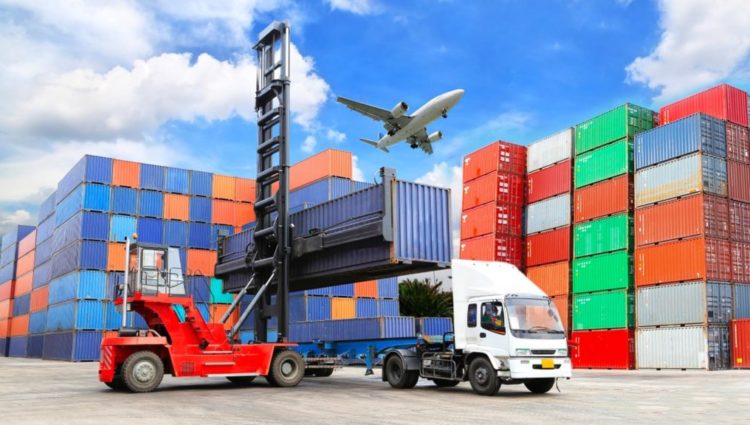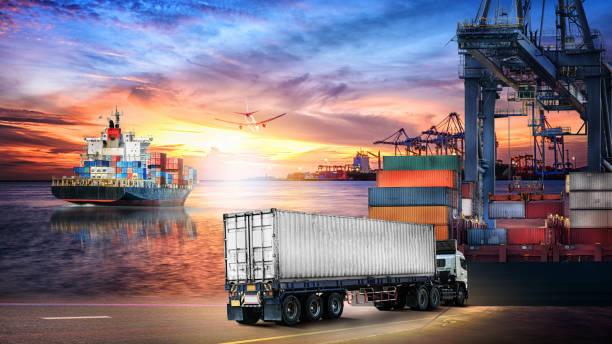Indonesia, a nation of more than 17,000 islands is faced with unique logistical problems which make cargo transport an integral part of the infrastructure. With its vast geography and diverse economy, ensuring the seamless transportation of goods through the ocean, land, and by air is essential. Indonesia’s growing industries, from manufacturing to agriculture, rely heavily on cargo services to connect consumers and producers globally and domestically. As the global economy becomes increasingly interconnected, the Indonesian cargo expedition sector plays a pivotal role in sustaining trade and driving economic growth. Connecting remote areas and associated industries, the cargo network forms the backbone of the nation’s commerce.
The geographical layout of Indonesia is a source of complexities for its logistics infrastructure. Although the major islands such as Java and Sumatra have a dominant position as centers of economic and industrial development smaller islands like Papua as well as Nusa Tenggara often struggle with the availability of reliable cargo services. This gap highlights the significance of custom logistical solutions. Businesses operating in the cargo sector use multi-modal transport systems which combine sea, land and air cargo for delivery to even remote locations. Technology advancements, like GPS tracking as well as route optimization software, can further improve efficiency and speed, leading to faster time to delivery and greater performance despite the geographical obstacles.

Sea freight remains a cornerstone of ekspedisi jakarta muat expedition services because of its vast maritime boundary. Key ports such as Tanjung Priok in Jakarta and Tanjung Perak in Surabaya serving as crucial hubs, the transport of cargo by sea is integral to both domestic and international trade. The government-funded initiatives such as”Sea Toll,” for instance “Sea Toll” program aim to reduce the distance between islands, making transport cheaper and easier to access. The efforts have drastically reduced logistics costs for businesses particularly in areas that were previously underserved. Yet, problems like congestion at ports and inconsistency of regulations still pose challenges, emphasizing the necessity for ongoing investment and improvement in the port infrastructure.
Air freight has emerged as the most effective solution for urgent shipments, particularly within Indonesia’s highly e-commerce-driven economy. The rapid development of online marketplaces like Tokopedia, Shopee, and Bukalapak has created an unprecedented demand for swift and reliable cargo services. Airports like Soekarno Hatta and Sultan Hasanuddin have become key locations for air cargo, enabling faster movement of goods across the archipelago. Air cargo is especially valuable in the case of perishable products, electronic equipment, and high-value items that require time to essential. Although it is more costly than sea or land transport, the speed and reliability of air cargo ensure it remains an indispensable choice for companies that require quick shipping.
The rise of e-commerce Indonesia has changed the logistics landscape, driving forward the field of cargo expeditions. With more and more consumers turning to websites for purchase, the amount of goods requiring transportation is increasing. Last-mile delivery has become an important aspect for logistics firms, making sure that parcels reach their consumers in a timely and efficient manner. Modernizations like automated warehouses, apps-based tracking of delivery, and even drone technology are reshaping how things are shipped. These advancements not only enhance customer satisfaction but also position Indonesia as an effective player in the global logistic market.
In conclusion, cargo expedition in Indonesia is more than a logistical necessity; it is a vital component of the nation’s economic fabric. From connecting remote islands to facilitating international trade The industry contributes to the country’s progress and prosperity. With continued investments in infrastructure and technology as well as environmentally sustainable practices, the sector has the potential to conquer its obstacles and improve its effectiveness. As Indonesia expands as a global and regional trading hub, its cargo expedition services will remain instrumental to ensure that trade, services, and opportunities flow seamlessly across its vast and varied archipelago.



